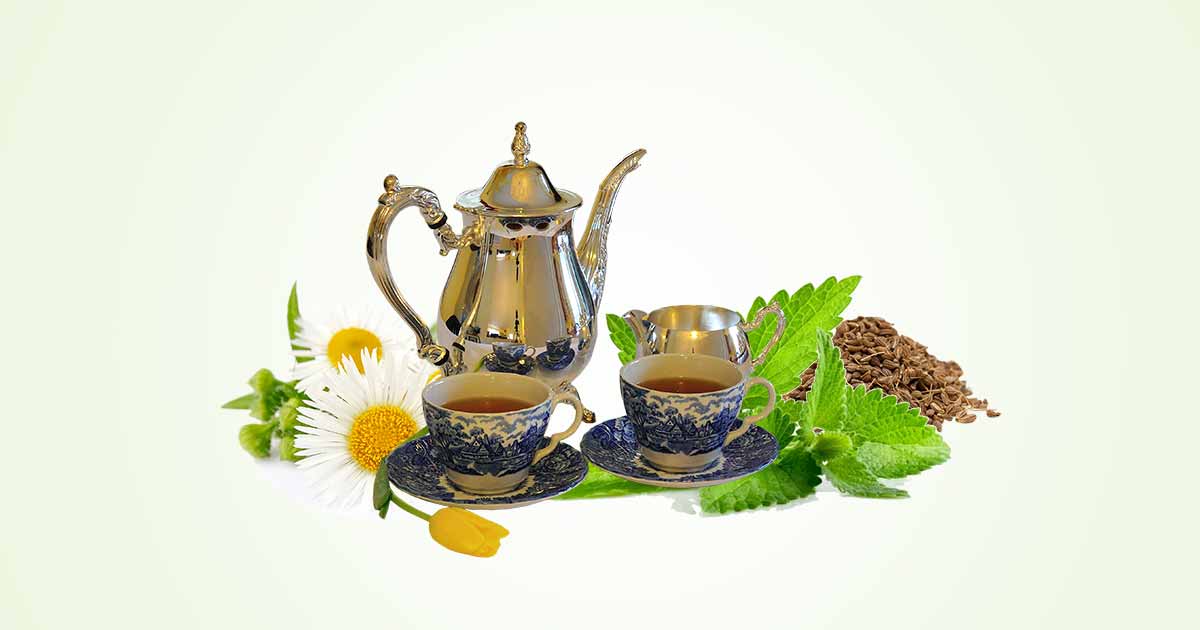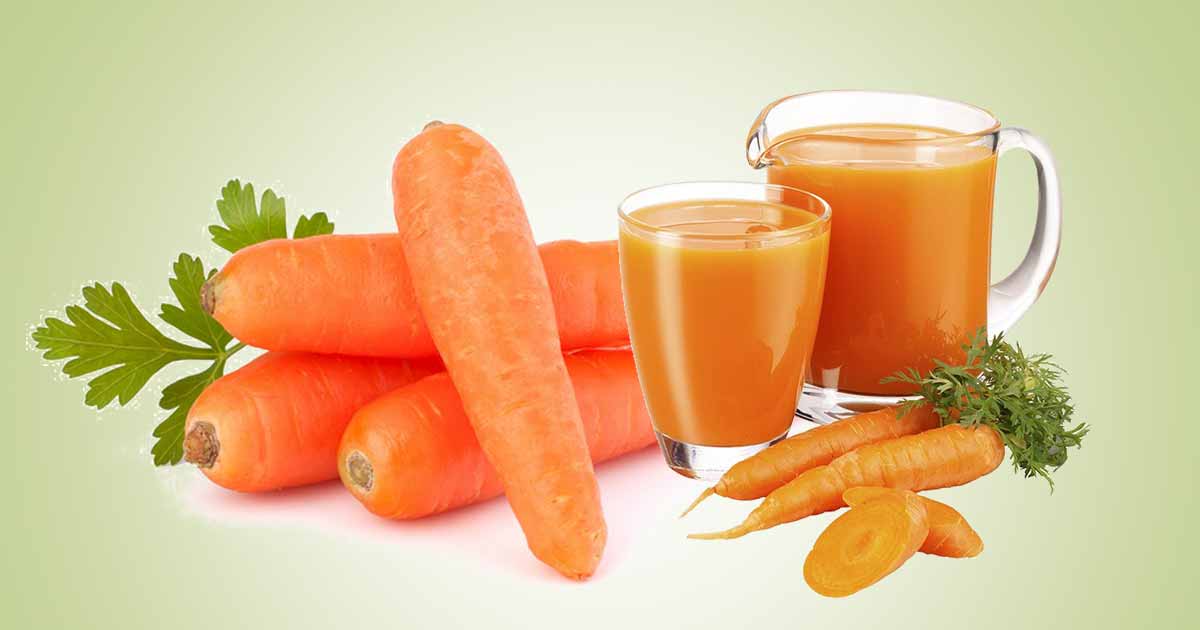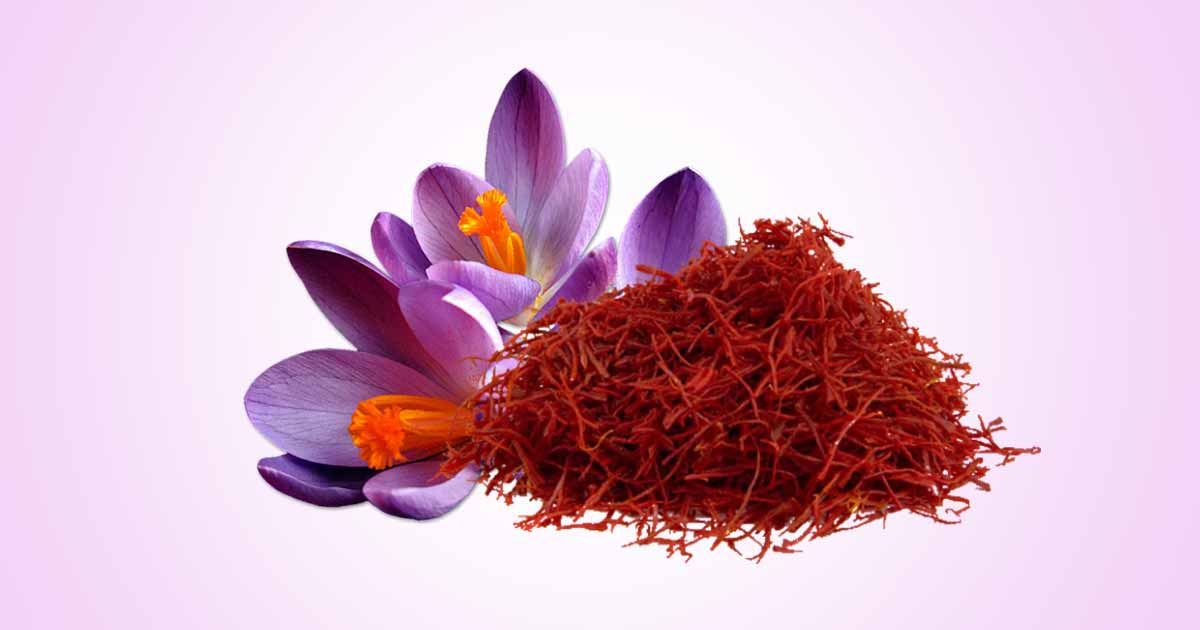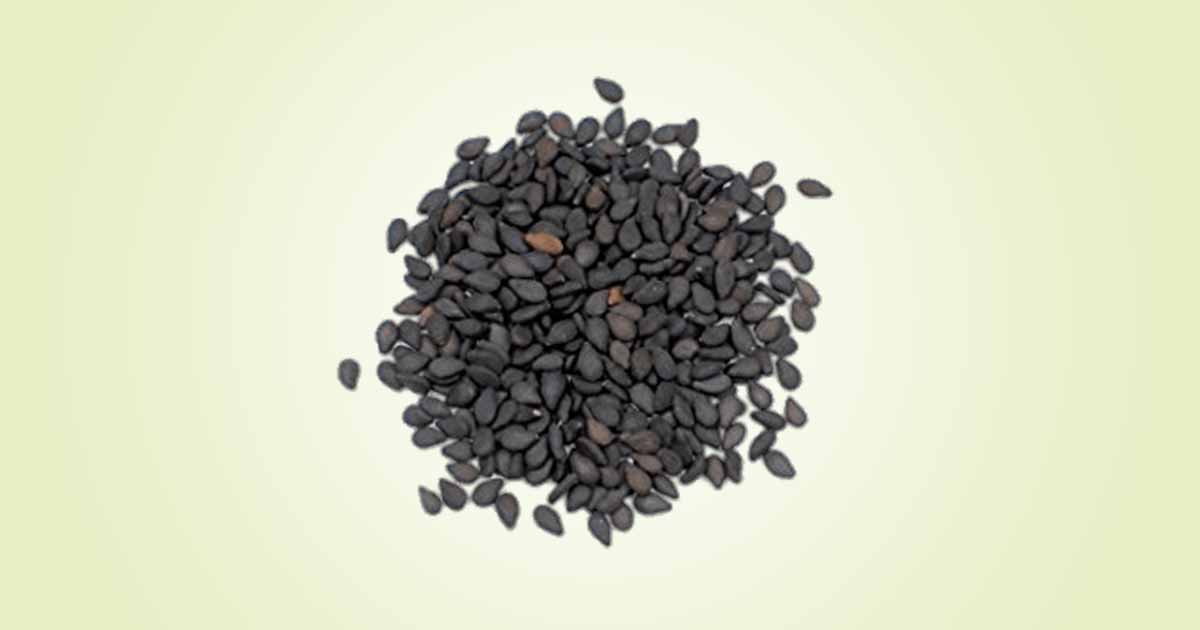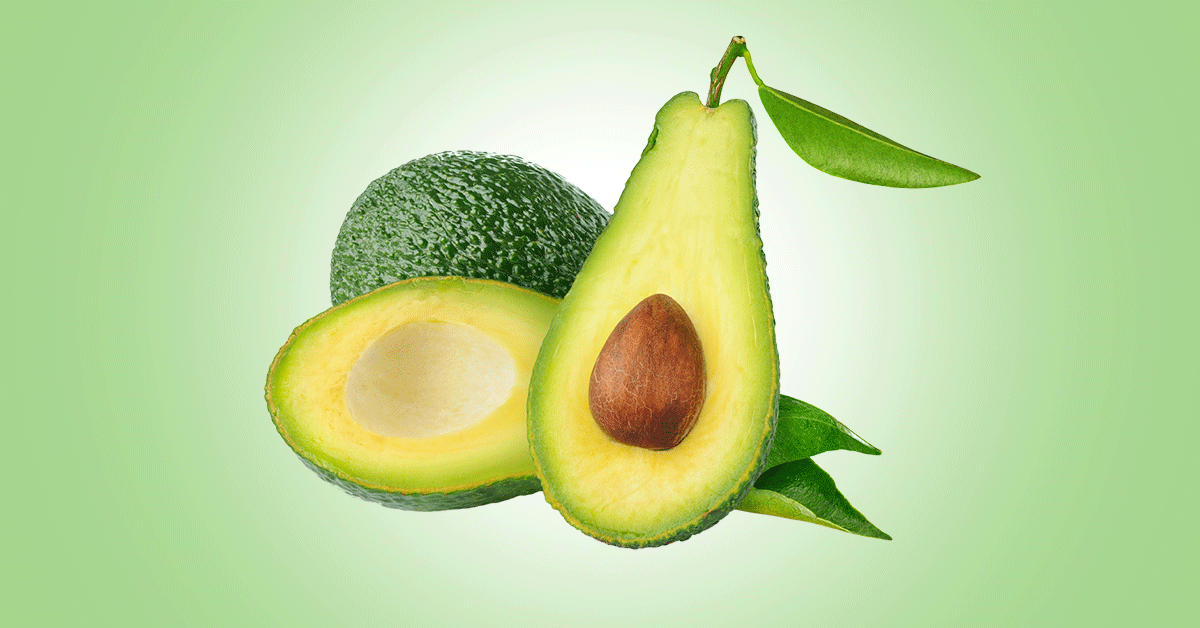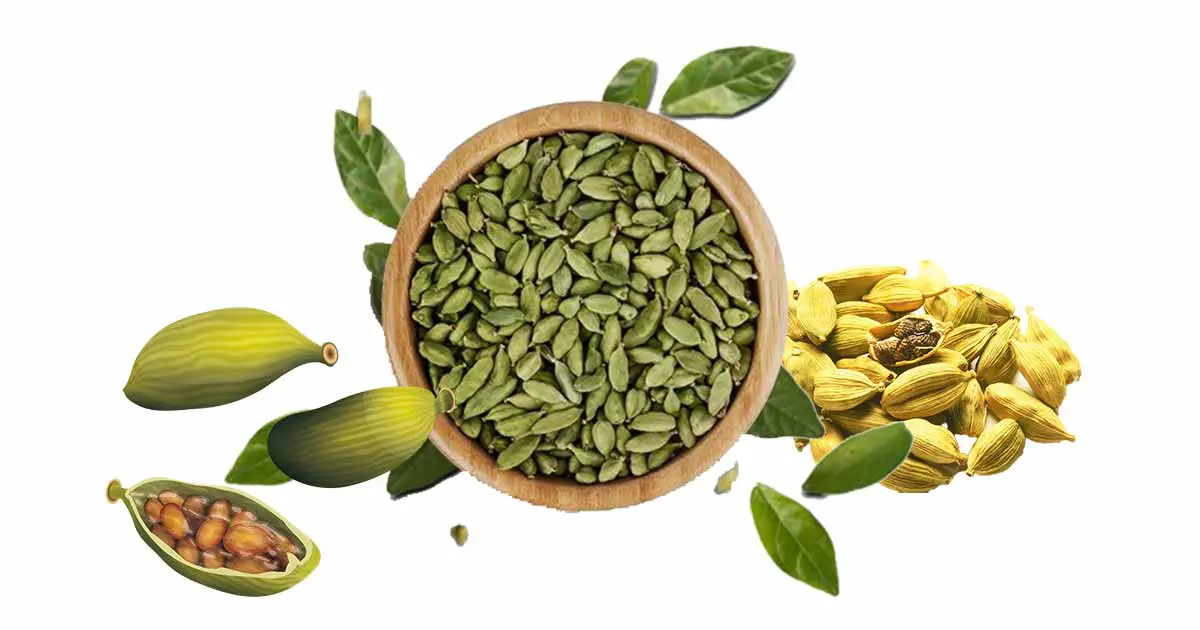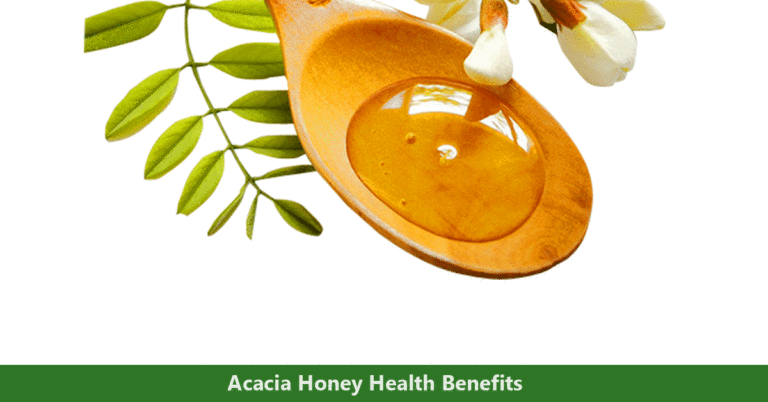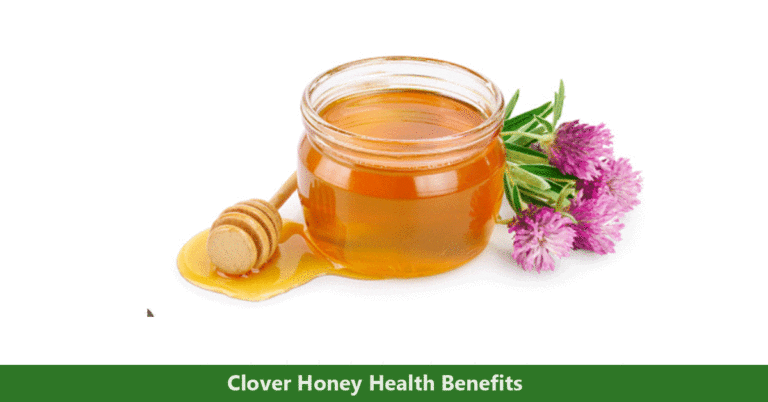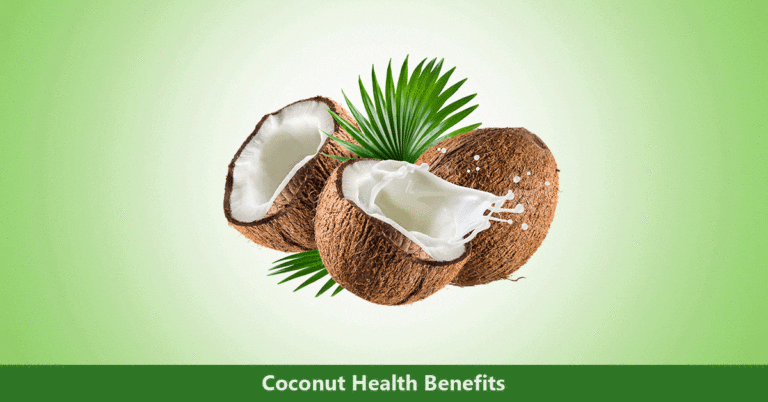Tea is a very big culture in the Arab world (Middle East and North Africa). Many varieties of Arabic or Arabian tea do exist. These teas are taken with every meal, especially dinner. In the Arab world, coffee is less common, just as taking tea with milk.
Arabian tea is made from infusion of many herbs, fruits, flowers, and seeds of different species. In Syria, anise is popular, mint is popular in Morocco and Algeria, while cinnamon is common in Lebanon.
After steeping the tea in a teapot over a heat source, it is normally served with sweeteners like sugar or honey. Teas are symbolic in the Arab, and signify hospitality. (Kaleela)
Turkey is the largest producers and tea consumers in the Middle East.
Table of Contents
Varieties of Arabian Tea
There are varieties of Arabian teas and formulations used in the Arab world and they include.
Mint tea ((Na’na)
Nana means mint in Arabic. This type of Arabian tea is very common in the Middle East. It makes use of an infusion of black tea, sugar, and fresh leaves of the mint plant.
It can be sweetened with sugar or honey, and saffron to flavor.
Health benefits: Anti-inflammatory, rich in antioxidants and vitamins, boost immunity, relieves colds, sore throats, sinus congestion, gastric ulcers, minor aches and pains.
Moroccan Mint Tea (Atay)
In North Africa (Morocco, Algeria, Libya, Tunisia), another type of Arabian tea called Maghrebi mint tea, or as Moroccan mint tea, and Algerian mint tea is popular. It makes use of fresh spearmint leaves, gunpowder green leaves and sugar.
Health benefits: Relieves cold and flu, tension headache, rich in antioxidants, antimicrobial activity.
Chamomile tea (Babooneh)
This is an Arabian tea made from the brew of fresh or dried chamomile flowers. It has a pleasant aroma.
Health Benefits: It has a soothing, calming effect, ease stomach complaints, aid sleeps, ease menstrual cramps, improves relaxation, anti-inflammatory, sedative, antispasmodic.
Cardamom tea (Hal)
The tea is made from the cardamom spice, which can be the black cardamom or green cardamom pods. It is an expensive spice. It is a soothing, spicy and aromatic tea, which may be blended with coffee, green or black tea. Likewise, it can be blended with ginger, cloves, honey. Furthermore, it is also a part of Indian chai masala tea.
Health benefits: It has natural anti-inflammatory activity, antioxidant, antimicrobial, cholesterol lowering activities, increase saliva flow, digestive aid, relieves colic, stomach cramps and pain, anxiety, stress, insomnia.
Anise Tea (Yansoon)
Anise is native to Egypt. This Arabian tea style is made from infusion of seeds and leaves of the anise plant (pimpinella anisum), also called aniseed or sweet cumin. Do not confuse this with the star anise plant. The herbal tea has a strong licorice taste, and rarely needs a sweetener.
Health benefits: Relieves coughs and flu symptoms, improve digestion, flatulence, alleviate cramps, toothache, nausea.
Sage tea (Maryamiya)
This Arabian tea is an infusion of dried sage leaves. It could be blended with black tea.
Health benefits: High antioxidant activity, anti-diabetic, eliminate gas, heartburn, helps in oral health, relieves heartburn, depression, hot flashes in menstruation, improves cardiovascular health, digestive aid.
Hibiscus Tea (carcadè or karkadè)
This is an Arabian tea made from the infusion of dried karkadeh or hibiscus (hibiscus sabdariffa or roselle) tea flower petals. It has a tart taste like cranberries. It can be mixed with other herbs, and served hot or iced with rosewater. Furthermore, it has an intense red color, and can be served hot or cold.
It can be blended with sugar, honey or lime juice. The drink is popular in Egypt, Sudan.
Health benefits: Lowers blood pressure, rich in antioxidants, lowers weight, cholesterol, sooth sore throat.
Thyme tea (Za’atar)
Thyme tea is made from the herbal infusion of thyme leaves. It can be blended with coriander and fennel seeds. Thyme tea can also be a blend of sumac berries and sesame seed.
The thyme herb is native to the Mediterranean region.
Healthy benefits: Rich in antioxidants, increase omega-3 fatty acids or healthy fats in brain cells, relieves cough, inflammation, colds and flu-like symptoms, relieves digestive problems, insomnia, reduce ageing, and improves memory.
Cinnamon Tea or Kuwaiti Tea (Shai Ma Irfeh)
This tea is made from the infusion of cinnamon sticks in hot water. You can add sugar to taste. You can garnish with chopped walnut.
Health benefits: Anti-inflammatory, anti-diabetic activities, prevent heart diseases, bacterial infection, and helps women to recover after delivery.
Black Tea (šāy ʾaḥmar)
This is a common tea in the Arab world since the introduction during the French and the British colonial era. Black tea (from Camellia sinensis leaves) is also blended with sage leaves, lemon juice.
It has high caffeine content, but not as much as in coffee.
Health benefits: It lowers the risk of cardiovascular disease, diabetes, inflammation, cancers, used in weight loss, improve mental alertness.
Green Tea
Green tea made from the infusion of Camellia sinensis leaves came into the Arab world through the caravans traveling the Silk Road. It is not popular in the Arab world but still consumed due to the health benefits.
Health benefits: Rich in antioxidants, anti-inflammatory, anticancer, antimicrobial, weight loss, improves cognition and memory.
Dried Lime Tea
Also called chai noomi basra, noomi basra tea or loomi tea. Dry lime tea is a herbal tea made from dried limes infusion. It is a traditional tea in Kuwait, Oman, Iraq, and United Arab Emirates. The tea is sour and aromatic, and has a tart citrus flavor,
Sugar, honey or saffron can be used to blend it. Alternatively, dried lemon can be used.
Health Benefits: Beneficial in indigestion, relieves upset stomach, diarrhea, and nausea.

